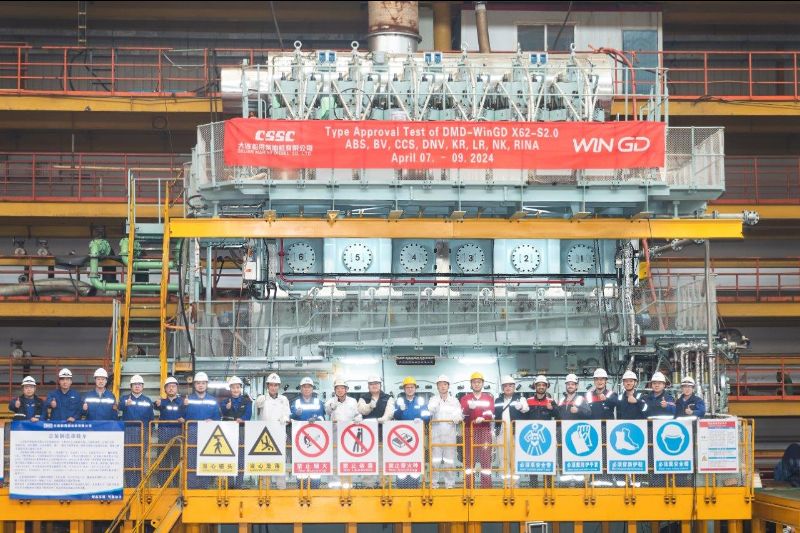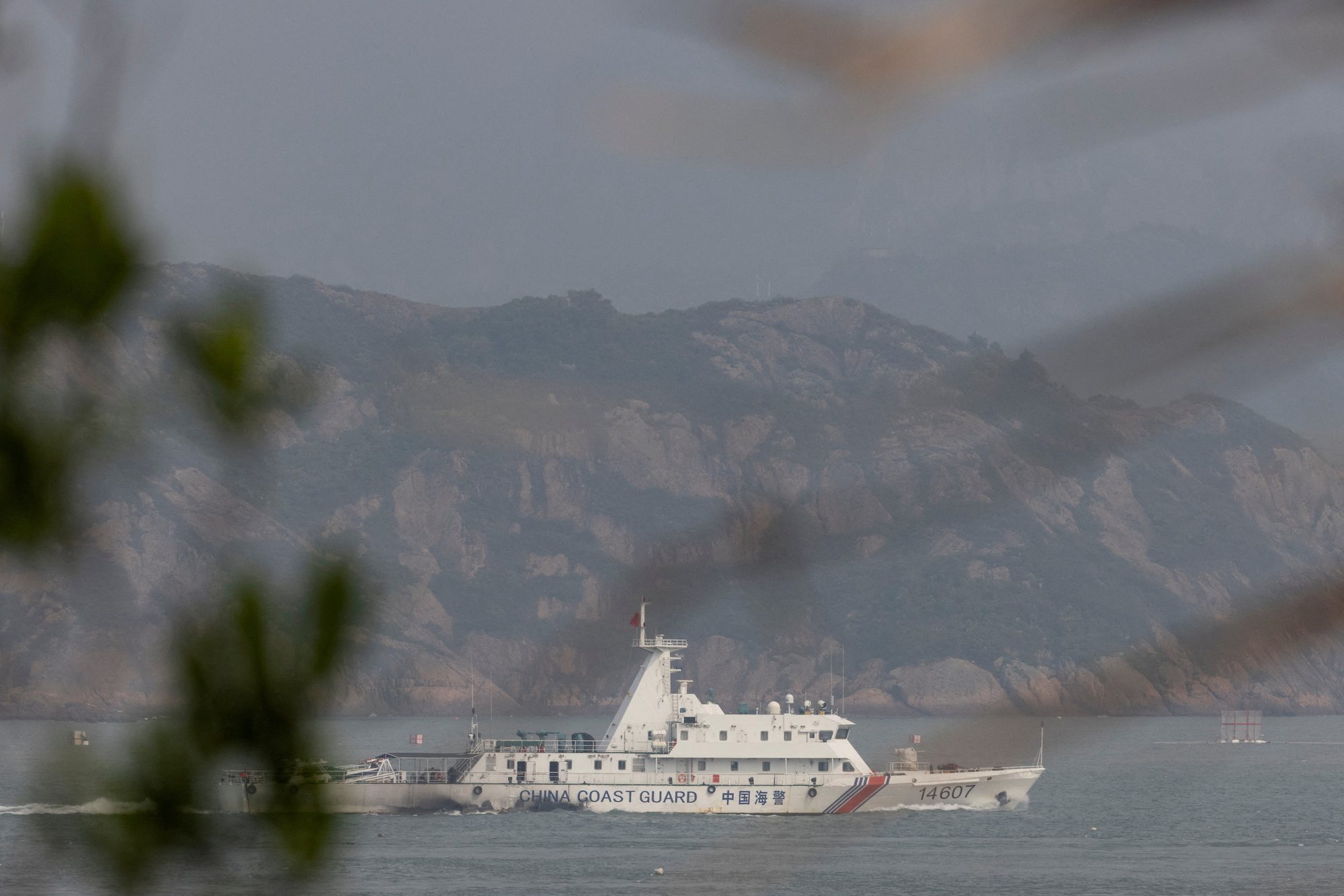Flogging and Mutiny in the 21st Century
When Captain Doug Pine talks of floggings, mutiny and physical fear it’s not a tale of past centuries, but of today. Indeed it’s probably going on as you read this post. And it’s not happening aboard a flag of convenience vessel – the 187 gross tonne Majestic Blue, of which he was master until 18 October this year, proudly waves the flag of the United States of America at her stern.
We know that because the company itself boasts “Our companies are 100% owned by United States citize (sic) and vessel flies proudly the flag of the United States of America!”. It is unlikely that the United States of America will be proud of the vessel, owned by Majestic Blue Fisheries LLC, which flies its flag.
Until 2009 the vessel,a purse seiner working Western and Central Pacific Ocean tuna fishery along with a sister ship, Pacific Breeze, was registered in South Korea then moved to the US flag. She carried a crew of 23 with, originally a Korean Captain and chief officer, with most of the rest of the crew being unlicensed seafarers from Indonesia and the Philippines. When the ship was registered in the US, the Korean captain became the fishmaster and Captain Pine joined as Captain. It was an uncomfortable relationship.
Alerted by Steve Gordon of law firm Gordon & Elias, MAC spoke with Doug Pine in Tawara, Kiribati, by cellphone. “As a human being it was appalling to witness, on an American ship, seafarers being beaten,” says Pine. He recalls the first beating he witnessed: “I was sitting in my chair on the navigation bridge with a pleasant young Indonesian, the equivalent of a third officer, near me. Suddenly, the chief engineer came in and punched him with his fist, with full force, then kicked him with full force between the buttocks. Sometime the chief engineer would use a bamboo stick, hitting him about the shoulders, neck and head”.
Pine posted standing orders around the vessel prohibiting further beatings. Some of the crew quietly thanked him, but he believes it may still have continued out of sight. “I think they came to accept the beatings,” he says.
Pine found it difficult to exercise his authority almost from the moment he first boarded the vessel: “The first day I was aboard I asked for the crew list It was ordered by rank. I was Number Two, the fishmaster was number 1. The second officer refused a direct order to change it. The Korean officers refused to obey any routine command activity.”
In fact, Pine was supposed to simply be a ‘paper captain’ to meet the requirements of the US flag and to accept the authority of the fishmaster, the former captain. Pine was unable to manoeuver the vessel or use the navigation equipment on the bridge.
He believes that there was a conspiracy between the ship’s officers and the owners to commit mutiny.
The Korean officers refused to comply with MARPOL regulations, claims Pine. A vessel waste management plan was posted throughout the ship but ignored, even though the vessel had an adequate incinerator ad oily-water separator. “I brought it up at the monthly safety meetings but was ignored,”says Pine, who has video and photographic evidence that the Korean officers ‘intentionally and wilfully” disposed of plastics wastes and oil wastes at sea: ”They didn’t want to waste fuel by using the incinerator”, he says.
When Pine attempted to organise the vessel to arrive in Tarawa, Kiribati for and inspection, the fishmaster ignored him.
When Pine went to the bridge to check the ship’s position the fishmaster began screaming at him, pounding the chart table with his fist and, when the chief officer came onto the bridge pointing at Captain Pine in a way that made him fear physical violence. Pine managed to smuggle a the ship’s satellite phone off the bridge, returned to his cabin and telephoned his wife who recorded a message asking for assistance to be passed on to the US Coast Guard.
After a while in his cabin things quietened down and he was able to return to the bridge and send a couple of emails then received a message from the Majestic Blue’s sister ship, Pacific Breeze that he had a message from the coast guard. Later he received a VHF communication from the Coast Guard asking him to attend a ‘pre-inspection meeting’.
“It was a sort of coded message”, says Pine. He returned to his cabin, collected his belongings and left the ship at Tawara by pilot boat on the morning of 18 October.
Since then he has stayed in Tarawa being interviewed by the US Coast Guard, accompanied by his wife.
For Captain Doug Pine the nightmare is over, for the remaining crew of Majestic Blue it will continue, at least for the time being.
And Majestic Blue Fisheries of Guam is looking for an American captain to board its all American-owned purse seiner flying that all-American flag.

Subscribe for Daily Maritime Insights
Sign up for gCaptain’s newsletter and never miss an update
— trusted by our 109,138 members

Get The Industry’s Go-To News
Subscribe to gCaptain Daily and stay informed with the latest global maritime and offshore news

 Join The Club
Join The Club








